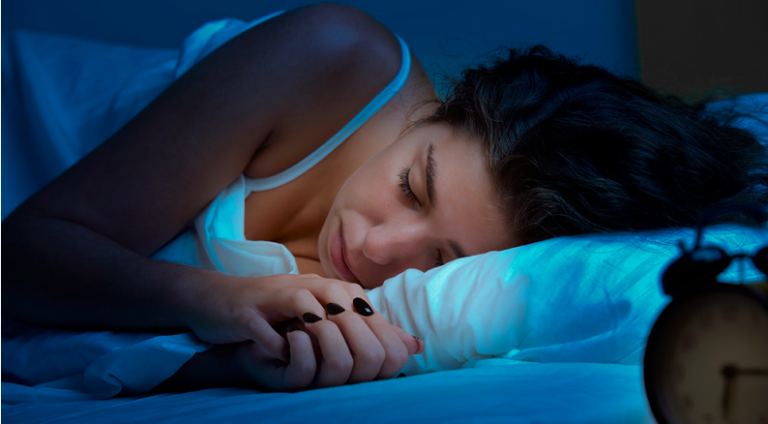The full moon has long been enveloped in myths and romantic notions, but a new study suggests it might also have an impact on our sleep. According to recent findings, certain days of the month, influenced by the moon’s phase, might disrupt our sleep quality. Here’s how the full moon might be affecting our nightly rest.
The latest research, published in Science Advances, reveals that people tend to fall asleep later and experience shorter sleep durations during the three to five days leading up to a full moon. This effect is particularly pronounced in areas with limited artificial light.
Researchers studied sleep patterns in three regions of Argentina: one in a city suburb, another in a rural community with restricted electricity access, and a third in a remote area with no electrical power. They also analyzed the sleep data of 464 students from the University of Washington who had participated in a sleep study.
Participants wore sleep-monitoring devices for at least one week, with some continuing for up to two months. The study found that individuals took 30 to 80 minutes longer to fall asleep in the nights leading up to the full moon, and they experienced a reduction of 20 to 90 minutes in total sleep duration on those nights.
Researchers suggest that the full moon might make people more active at night, which could explain the more noticeable sleep differences in communities with less access to artificial light. “Artificial light,” they note, “can produce similar effects.”
So, as you gaze at the enchanting full moon, consider that it might be subtly influencing your dreams and sleep patterns.
Ask me anything
Explore related questions





